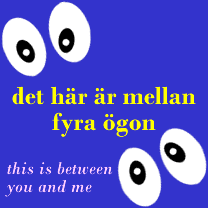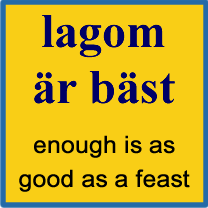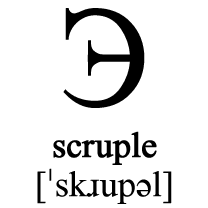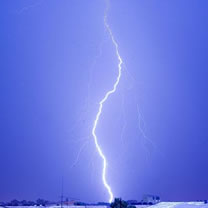
I learnt this week that in Swedish if you say that something is “between four eyes” – mellan fyra ögon – it means that it is known just to you and the person you’re speaking to, and should be kept secret.
Equivalent expressions in English include:
- This is (just) between you and me/I
- Keep it under your hat
- This is between you, me and the post / gatepost / fencepost / bed-post / lampost / wall
- Mum’s the word
The phrase “keep it under your hat” with the sense of keeping something a secret apparently first appeared in writing in the early 20th century, and referred to keeping something in your head, i.e. the thing you keep under your hat [source].
The phrase “between you, me and the bed-post” possibly first appeared in writing in 1832 in Eugene Aram, a novel by Edward Bulwer-Lytton [source].
The phrase “Mum’s the word” has nothing to do with mothers or Egyptian mummies. Instead it refers to the medieval tradition of mumming, a kind of performance involving acting and dancing that was at first done in silence [source].
Do you know any other similar phrases in English or other languages?






